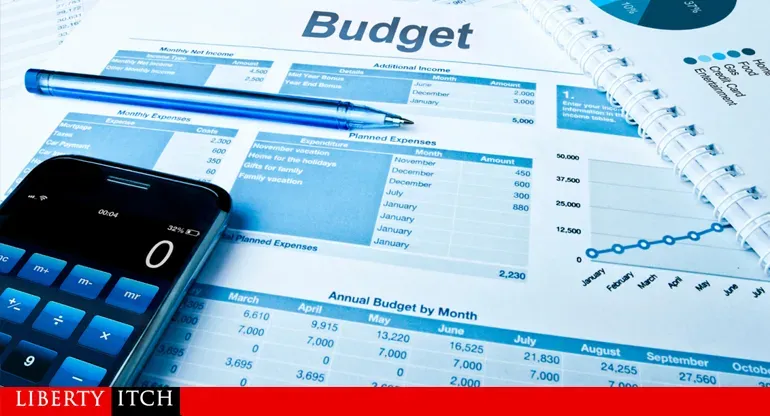Table of Contents
Don Brash
bassettbrashandhide.com
Don Brash was Reserve Bank Governor from 1988 to 2002, and National Party Leader from 2003 to 2006
One follower of our blog wrote in recently and said he would like to see a column on “the impact on New Zealand of the printing of billions via government bonds, and the impact on inflation and the obvious depreciation of our savings, including KiwiSaver”. He was concerned about the wealth transfer to the asset owning classes, the debt burden for the next generation, and what alternatives there might have been. He said he was “especially interested in the consequences of the Covid money being spent on non-Covid vanity projects”.
My colleagues generously volunteered me to write such a column, perhaps inevitably given my near 14 years as Governor of the Reserve Bank. It should be noted, however, that Rodney lectured in Economics for a number of years.
There are several issues here. I think there is a broad consensus that when the New Zealand economy was first hit by the pandemic in March 2020, a substantial easing of monetary policy was necessary and desirable. The Reserve Bank accomplished this first by cutting the Official Cash Rate (which very largely determines other short-term interest rates throughout the economy) to 0.25%. Indeed, there was a strong case for cutting the OCR to zero, or even below zero, but the Reserve Bank explained that they were not able to take the OCR negative because some banks’ systems were not able to handle negative interest rates.
When the Reserve Bank decided that more monetary easing was desirable, they decided to do that by means of buying New Zealand government bonds in the market place. The effect of this was, in itself, not very dramatic: the holders of bonds had used cash (in effect an on-demand claim on the Reserve Bank) to buy the bonds (a long-term claim on the government). When the Reserve Bank bought bonds from the market, they exchanged a long-term claim on the government (bonds) for an on-demand claim on the Reserve Bank (cash). This may have had, and presumably did have, some effect on longer-term interest rates, tending to push them down, providing further modest stimulus to the economy. But the total claims on the Crown – government and Reserve Bank together – weren’t changed by that action.
Of course, any form of easing of monetary policy will have some effect on increasing asset prices, and indeed that is one of the ways in which monetary policy stimulates activity and employment. To that extent, monetary policy has an effect on the distribution of wealth – those who have real assets (including any KiwiSaver funds invested in shares or real estate) or debts benefit, and those holding cash, or bank deposits, lose. Conversely of course, when monetary policy is tightened, the effect tends to reverse.
It would be wrong, however, to blame all the recent increase in asset prices over the last year or two on easing of monetary policy by our Reserve Bank. Almost all the other central banks in the world eased monetary policy in reaction to the pandemic, which means that interest rates the world over have tended to be very low. That made the purchase of real estate and shares very attractive almost regardless of what the Reserve Bank of New Zealand did.
The very large budget deficits which the New Zealand Government was planning to run (and indeed is running) no doubt added further impetus to demand, and so to asset prices. In addition, the fact that our house prices rose so rapidly – and more substantially than in almost any other developed country – was because for years city councils have artificially restricted the supply of residential land. That has nothing to do with monetary or fiscal policy, but certainly has had a marked effect on wealth distribution.
Our correspondent expressed concern about the debt burden being passed to the next generation. That debt burden has little or nothing to do with the Reserve Bank’s buying long-dated bonds but rather with what fiscal policy has been doing – in other words, what the Minister of Finance has been doing with government spending and government taxation.
And that certainly is a matter of concern. While most observers thought that providing support to businesses badly affected by the lockdowns so that they could keep staff employed was a very sensible thing to do, even though that meant increased government borrowing to cover the cost, there have to be serious questions about the very substantial increase in government spending over the last six to nine months, and planned for the balance of this fiscal year – much of it on projects of very dubious benefit. Whatever cookie jar the money comes from in the government accounts, it never makes sense to spend money raised from taxpayers on projects of little or no benefit, and in recent times that has been happening too often.
For readers wanting to know more about the relationship between monetary policy and the pandemic, I recommend an article by Michael Reddell, one of the brightest minds at the Reserve Bank throughout my time as Governor, who blogs at Croaking Cassandra
Please share this article so that others can discover The BFD.








